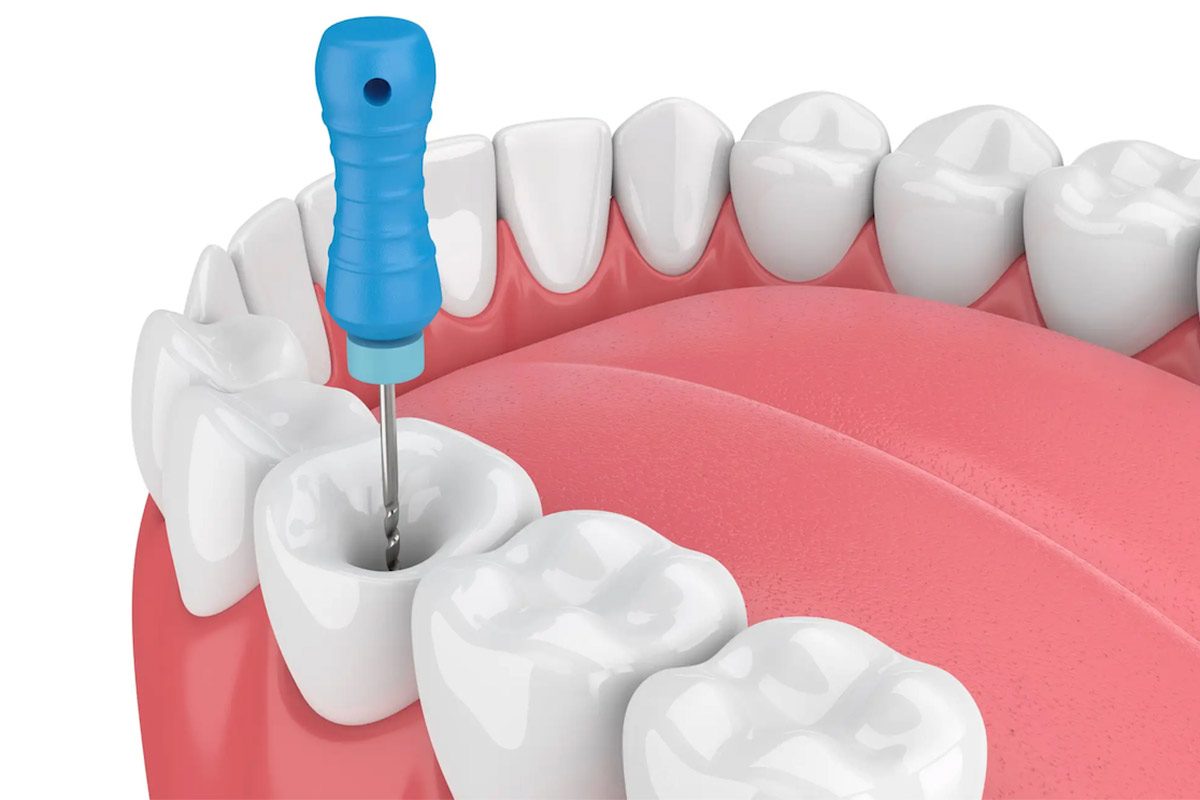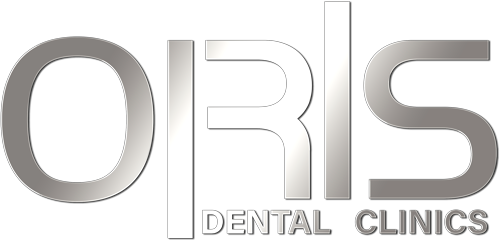When faced with a severe tooth infection or damage, deciding on the best course of treatment can be difficult. Root canal therapy and tooth extraction are frequent treatments for such dental problems. Furthermore, the choice between the two procedures is critical, as each has its benefits and drawbacks. At ORIS Dental Clinics in Richmond Hill, Ontario, we strive to provide thorough information to help you make an informed decision about your dental treatment.
What is Root Canal Therapy?
Root canal therapy is a frequent dental procedure to save a broken or infected tooth. Moreover, it involves removing the infected pulp, cleaning, disinfecting, and sealing the tooth’s pulp chamber (inner chamber).
Furthermore, the following are the benefits and drawbacks of root canal therapy:
Benefits of Root Canal Therapy
Preservation of Natural Tooth
The main benefit of a root canal is that it allows you to preserve your natural tooth. Additionally, this is beneficial for maintaining proper chewing and speech functions.
Maintains Jaw Structure
Keeping your natural tooth helps to keep the natural alignment and structure of your jaw, preventing neighboring teeth from shifting and causing further problems.
Effective Chewing and Biting
A root canal restores the tooth’s functionality, allowing for more effective chewing and biting, promoting better digestion and overall dental health.
Aesthetically Pleasing
Since the natural tooth is preserved, your smile has no gap, resulting in a more aesthetically pleasing appearance than an extraction.
Drawbacks of Root Canal Therapy
Potential Reinfection
There is a possibility of reinfection if the sealing is unsuccessful, necessitating additional treatment or potentially leading to tooth extraction.
Requires Multiple Appointments
A root canal usually requires multiple appointments to complete the process, extending the treatment duration.
Expensive Treatment
Root canal therapy can be more expensive than a tooth extraction, especially if additional procedures or a dental crown are essential for restoring the tooth’s functionality and look.

Tooth Extraction
The complete removal of a damaged or infected tooth from the mouth is known as tooth extraction. This surgery is frequently considered when a tooth is beyond repair or poses a significant risk to oral health. Here are some of the benefits and drawbacks of tooth extraction:
benefits of Tooth Extraction
Removes the Source of Infection
Tooth extraction removes the source of infection, preventing bacteria from spreading and lowering the risk of future oral health issues.
Immediate Solution
Tooth extraction is quicker than root canal therapy, often requiring only one appointment.
Less Expensive
Tooth extraction is often less expensive than a root canal and subsequent restorative treatments.
Drawbacks of tooth extraction
Loss of Natural Tooth
A tooth extraction can result in a gap in your grin, which affects your appearance and may cause neighboring teeth to shift.
Jawbone Resorption
The jawbone in the extraction site might degrade or resorb over time, affecting the facial structure and oral health.
Need for Replacement
Following extraction, you may require a dental implant, bridge, or denture to restore functionality and appearance, increasing the overall cost and complexity.
ROOT CANAL VS. TOOTH EXTRACTION: which one?
In conclusion, choosing between a tooth extraction and a root canal depends on several factors, including the severity of the problem, overall oral health, and also individual preferences.
Furthermore, it is crucial to consult with your dentist at ORIS Dental Clinics in Richmond Hill, Ontario, to determine the most effective course of treatment tailored to your specific situation. Moreover, our skilled team is committed to providing tailored and expert care to help you achieve optimal dental health and a stunning smile. Call us today!




